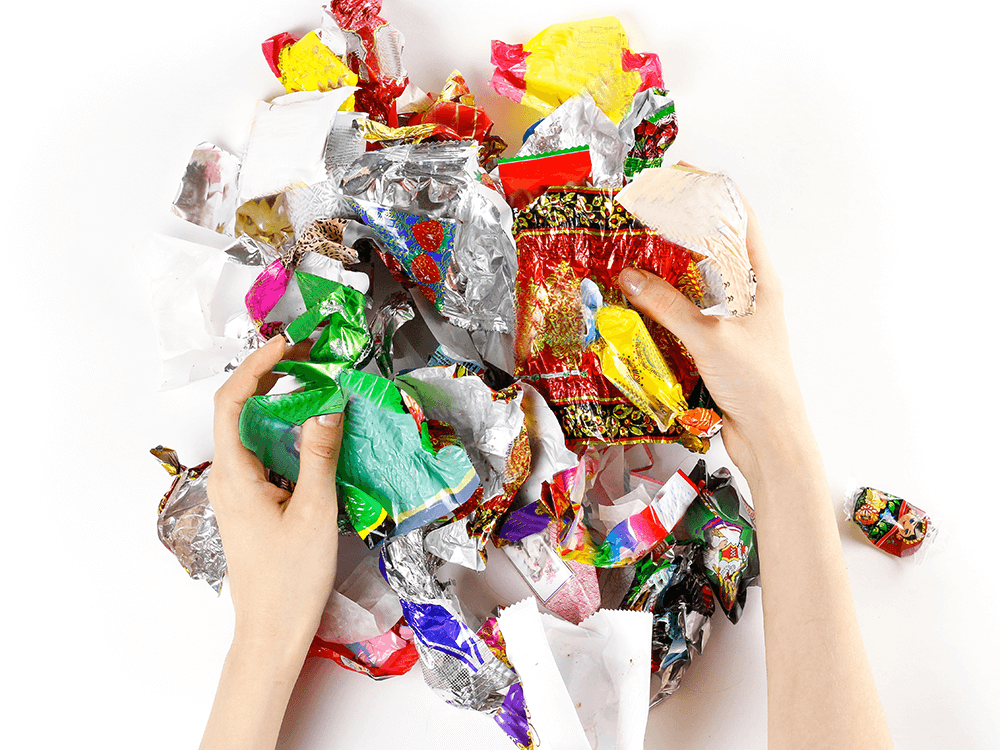AMCOR AND MARS WRIGLEY UNVEIL INNOVATIVE RECYCLABLE PACKAGING FOR CHOCOLATE BARS IN 2023
Chocolate bars such as Mars will be sold in Australia in recyclable packaging from Amcor as part of an initiative described as a world first.
Paper packaging with a very thin plastic film is being introduced in the country for Mars, Snickers and Milky Way, and the new wrapping will subsequently be rolled out to a wider range of products.
Australia is the first market where the company behind the products, Mars Wrigley, has introduced the new, more sustainable packaging.
The new packaging, produced by Amcor, an Australian packaging company, will be used from April next year for Mars, Snickers and Milky Way before being rolled out to the company’s other chocolate products.
In an interview with specialist media, Chris Hutton, Mars Wrigley’s research and development director for Australia and emerging Asia, said that there was detailed work between his firm and Amcor to come up with the new packaging.
The aim, he said, was to produce something that was compatible with Mars Wrigley’s machinery and technology, but could also maintain “the quality and freshness of our product”.

“[Amcor] have been an incredible partner to work with and they’ve played a pivotal role in getting to where we are today,” he said.
The new packaging is 86% paper and can be recycled using curbside recycling schemes in Australia, according Mars Wrigley.
After introducing recyclable packaging to some of its products in Australia in April, Mars Wrigley hopes to launch an upgraded version that lacks the thin plastic barrier. This is likely to be made available by the end of the year.
“The transition to paper-based packaging for our locally made chocolate bars marks a significant milestone in our sustainability journey,” Andrew Leakey, general manager of Mars Wrigley Australia, told media.
“Mars’ ongoing investment in local research and development has allowed us to be agile and create solutions that have a positive impact on our environment and meet our stringent quality and food safety standards but are also convenient for our consumers to recycle via curbside recycling.”
The new wrapping is based on LifeSpan Performance Paper, a recyclable type of packaging that Amcor unveiled in early 2022.
When debuting LifeSpan Performance Paper in February, Amcor said that the product was certified by the Forestry Stewardship Council and was free of Polyvinylidene chloride (PVDC).
It is the first product Amcor has launched as part of its AmFiber platform and has been designed, the firm said, in response to growing consumer demand for paper-based packaging.
Speaking earlier this year, Noemi Bertolino, the vice president of research and development at Amcor EMEA, said LifeSpan Performance Paper provided “a high barrier, even in tropical conditions”.

“Our customers have confirmed excellent performance on their packaging lines, and a high barrier after processing, overcoming two common challenges when switching to paper,” she added.
“Currently we’re in development for further applications of LifeSpan Performance Paper such as coffee, spices, dried soups and more.”
The new packaging was due to be be rolled out by Amcor earlier this year for some products made in Europe, reports in the packaging media from early 2022 indicated.
Amcor has been working on other sustainable types of packaging, including a recyclable polypropylene (PP) pouch for rice, a collaboration with Mars Food.
With another food producer, Nestle, Amcor has developed a KitKat wrapper made with 30% recycled PP.
Amcor has said that it wants all of its packaging to be recyclable or reusable by 2025.
Reports have singled out crisps, chocolate and cheese packaging as being particularly unlikely to be recyclable, with just a third of a UK sample being recyclable in normal household collections.
In Australia efforts are being made to increase the amount of material that is recycled amid concern that recycling rates are too low.
Just 16% of plastic waste in the country was recovered in 2020, according to media, even though more than half of packaging used in the country is said to be easily recyclable.
The country has a target that 70% of plastic packaging should be recycled or composted by 2025, and also aims to phase out single-use plastics.
Join us at SIAL Paris as exhibitor Join us at SIAL Paris as visitor
